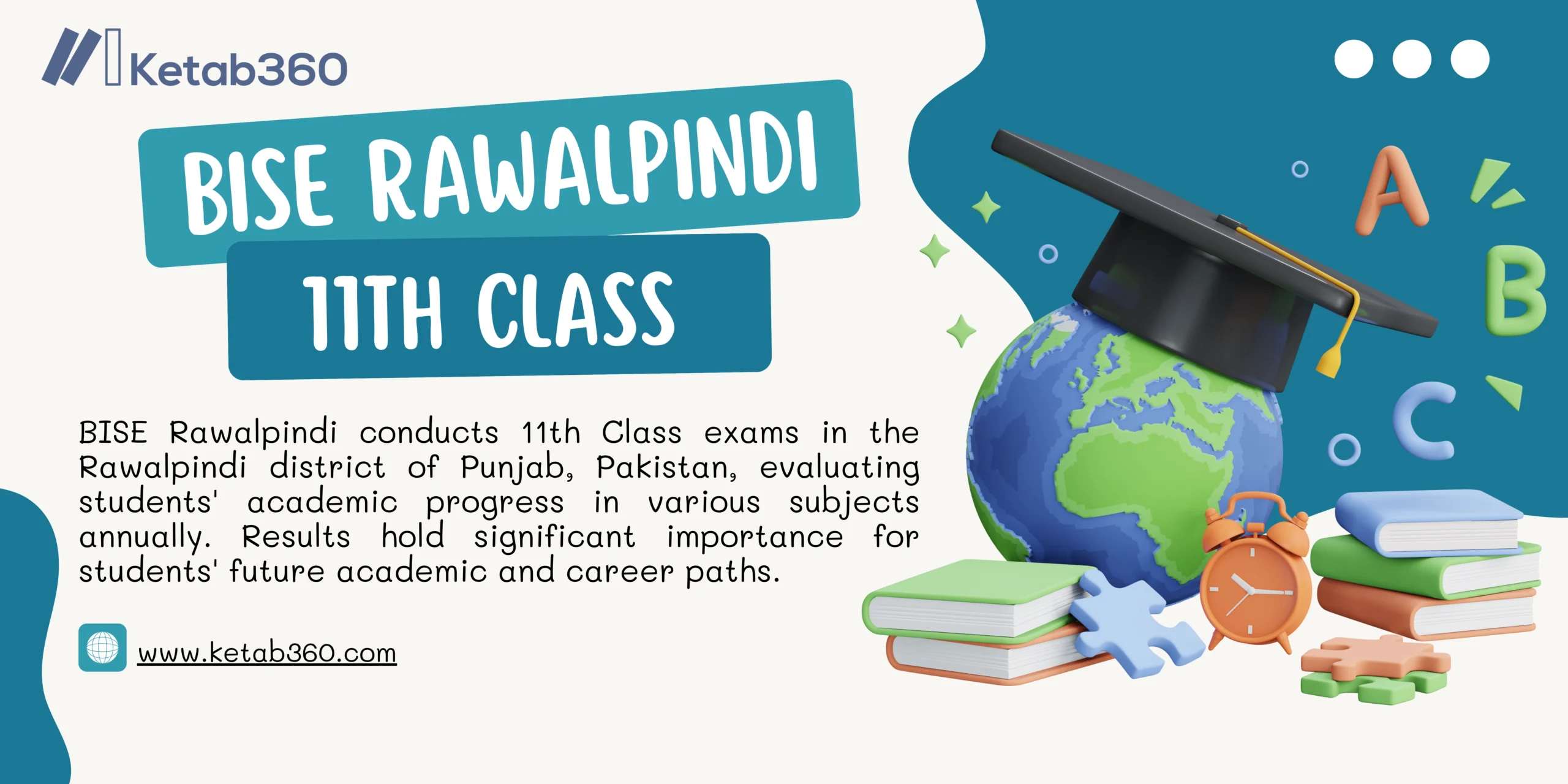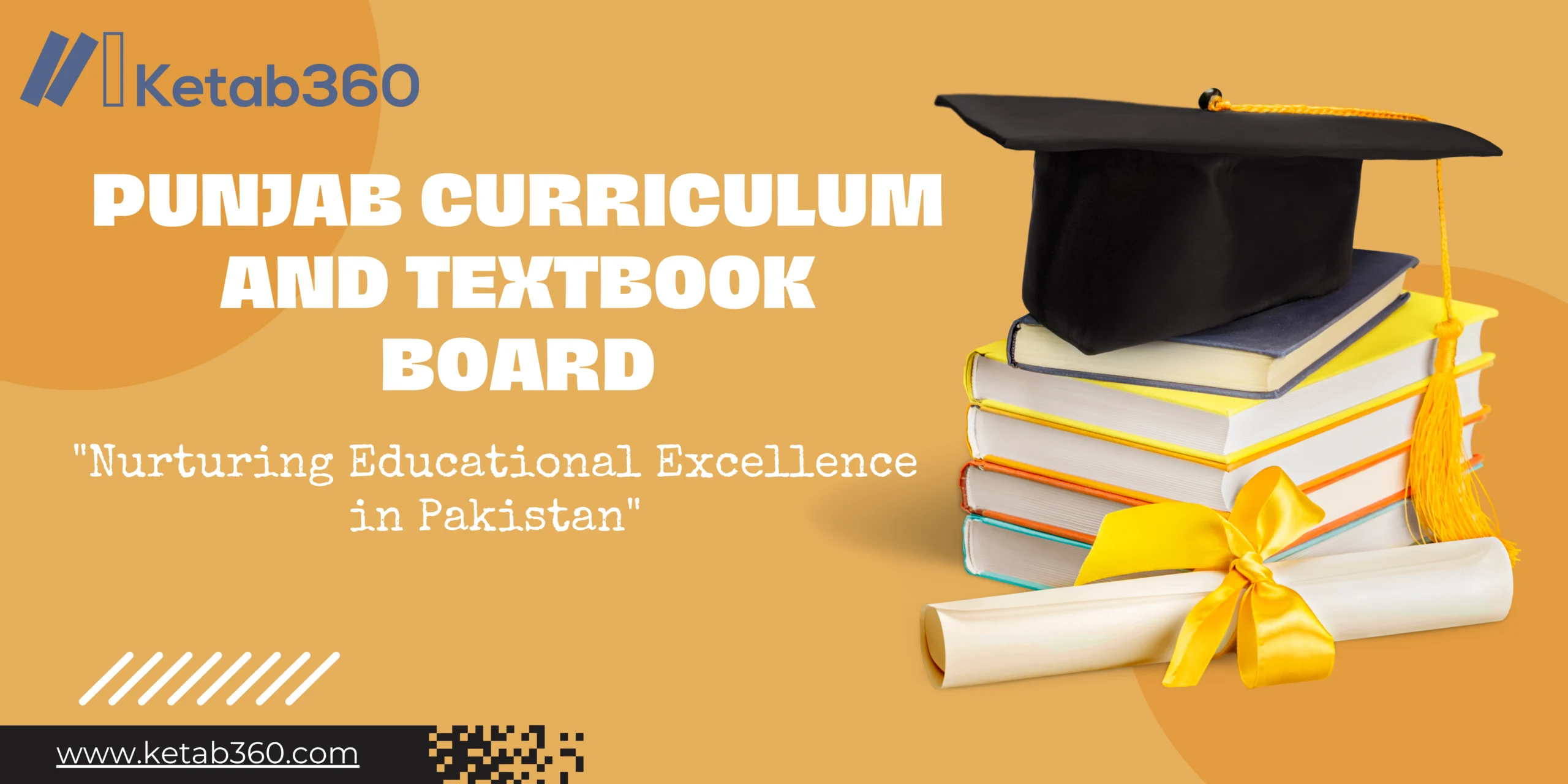Introduction:
Embarking on the journey toward a Bachelor of Laws (LLB) is a transformative experience that opens doors to the complex and intellectually stimulating world of legal studies. The pursuit of an LLB is not merely an academic endeavor but a stepping stone to a career that demands critical thinking, analytical prowess, and a deep understanding of the law. In this exploration, we will unravel the various facets of the LLB program, shedding light on its structure, significance, and the skills it imparts to aspiring legal professionals.
LLB Overview:
The LLB, or Bachelor of Laws, is an undergraduate program designed to provide students with a comprehensive understanding of legal principles, systems, and practices. This degree serves as the foundational gateway for individuals aspiring to enter the legal profession. The curriculum encompasses a broad spectrum of legal subjects, ranging from constitutional law to criminal law, equipping students with the knowledge necessary for a successful legal career.
1. LLB Curriculum:
The heart of the LLB program lies in its meticulously crafted curriculum, which encompasses a diverse array of legal subjects. From contract law to tort law and beyond, students undergo a rigorous academic journey that sharpens their legal acumen. The curriculum is designed to offer a balanced blend of theoretical knowledge and practical application, preparing graduates for the multifaceted challenges of the legal landscape.
2. Legal Research and Writing:
An integral part of the LLB experience is honing the skill of legal research and writing. This keyword encapsulates the essence of a lawyer’s work – the ability to delve into legal precedents, analyze case law, and articulate arguments with precision. Through moot court exercises, research projects, and essay assignments, students develop a proficiency in legal research and writing that will be indispensable throughout their careers.
3. Moot Court and Practical Skills:
In the pursuit of an LLB, students often find themselves engaged in moot court activities, simulated legal proceedings that simulate real courtroom experiences. This practical exposure not only builds confidence but also instills the art of persuasive argumentation, a skill crucial for any aspiring lawyer. The keyword “moot court” permeates the LLB journey, reflecting the emphasis on practical skills development.
4. Legal Ethics:
A cornerstone of legal education is the inculcation of a strong sense of legal ethics. The keyword “legal ethics” underscores the importance of ethical considerations in the practice of law. LLB programs incorporate courses that delve into the ethical dimensions of legal practice, ensuring that graduates enter the legal profession with a deep understanding of professional responsibility and integrity.
5. Internships and Practical Training:
Beyond the classroom, the LLB experience extends into the realm of practical training through internships. The keyword “internships” signifies the hands-on experience gained in legal settings, providing students with a taste of real-world legal practice. These experiences not only bridge the gap between theory and practice but also offer invaluable insights into the day-to-day workings of the legal profession.
6. Specializations within LLB:
The versatility of the LLB program allows students to explore various legal disciplines. Whether one’s interests lie in corporate law, human rights law, or environmental law, the LLB offers a platform to delve deeper into specialized areas. The keyword “specializations” underscores the flexibility of the LLB program, allowing students to tailor their education to align with their specific career aspirations.
7. Bar Exam Preparation:
For those aspiring to practice law, the culmination of the LLB journey often involves preparing for the bar exam. The keyword “bar exam” encapsulates the comprehensive assessment that evaluates a candidate’s proficiency in legal knowledge and application. LLB programs typically include preparation modules to equip students with the skills and knowledge required to succeed in this pivotal examination.
8. Networking and Professional Development:
An often underestimated aspect of the LLB journey is the opportunity for networking and professional development. The keyword “networking” emphasizes the importance of building connections within the legal community, fostering mentorships, and participating in legal events. These interactions contribute to the holistic development of future legal professionals.
9. Global Perspectives in Legal Studies:
In an era of globalization, the keyword “global perspectives” resonates within LLB programs that strive to provide students with a nuanced understanding of international legal frameworks. Exposure to global legal issues broadens students’ perspectives, preparing them to navigate the complexities of an interconnected legal landscape.
10. Lifelong Learning in Law:
The journey does not conclude with the conferment of an LLB degree; instead, the keyword “lifelong learning” becomes a guiding principle for legal professionals. Given the dynamic nature of the law, continuous learning and adaptation are essential. The LLB journey instills in graduates a commitment to ongoing education, ensuring they remain abreast of legal developments throughout their careers.
Conclusion:
The pursuit of an LLB is a transformative journey that goes beyond the acquisition of legal knowledge. From the intricacies of the curriculum to the practicalities of legal research and writing, the LLB experience shapes individuals into adept legal professionals. As students navigate moot courts, internships, and specialized studies, the keywords such as “moot court,” “internships,” and “specializations” become ingrained in their educational narrative. The LLB journey is not just a stepping stone to a legal career; it is a holistic exploration that equips individuals with the skills, ethics, and perspectives necessary for success in the dynamic field of law.






